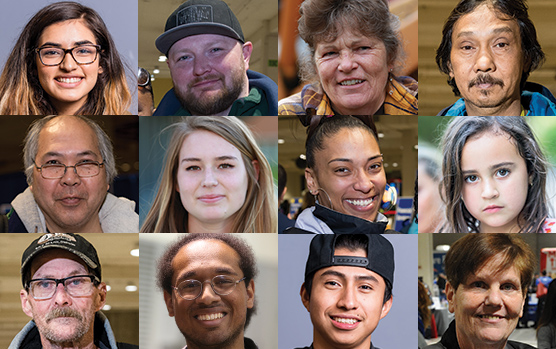The Danger of Equating Opioid Use With Homelessness
Our community has been in a homelessness crisis for years—and when you’re in crisis for that long, people sometimes stop talking about the issue. Conversation breeds action—so almost anything that gets us talking about the problem is a good thing.
Almost anything.
The KOMO 4 piece that ran this week, with the not-so-neutral title of “Seattle is Dying” is not the conversation starter we’d hope for. It tackles a serious problem of the criminal justice system: is the city turning its back on 100 repeat offenders, who together have committed thousands of crimes? This problem is one that needs to be addressed. These are people who have mental health and substance abuse problems and addressing their impact on the city is something our community should tackle head-on.
However, equating these 100 folks to the 12,000 people who are struggling with no place to sleep tonight is dangerous. Not only are they outliers in their criminality (100 is .8 percent of 12,000 after all); they’re outliers in their addiction. In the 2018 Point-In-Time count, 20% of people who are homeless cite drug or alcohol addiction as the reason for being homeless.
We know there’s a national opioid crisis and it’s serious. But, painting our homelessness crisis as one and the same doesn’t move us forward.
We used to believe that people needed to be clean and sober before being housed. But this was disproved long ago right here in our own community with the 1811 Eastlake project. For people struggling with addiction, housing is medicine. We know that permanent supportive housing works. We know it’s cost effective. And we know we don’t have enough in our system.
At United Way, we can’t do everything. We know the opioid crisis is real and yet, we don’t invest in solving it. We leave that to other partners. Meanwhile, we’ll focus donor dollars on what we know works for solving the challenges of the 12,000 people on the streets: housing and income.
We’ve seen real progress with our Streets to Home program. For many people, the only thing between being housed and being homeless is not having enough money for a security deposit or needing an eviction removed from their record. We wondered: could working one-on-one with people, providing dollars to eliminate these types of hurdles, make a significant difference in the number of people living on the street? The answer is yes: more than 1,500 people were housed last year.
We also know that you can’t move into housing if you don’t have an income. Our Jobs Connect program helped more than 2,200 people who are homeless find employment last year.
This piece is a reminder that words matter. The way we talk about our neighbors (yes, our neighbors) is important. This is a community-wide problem that belongs to all of us.





Comments